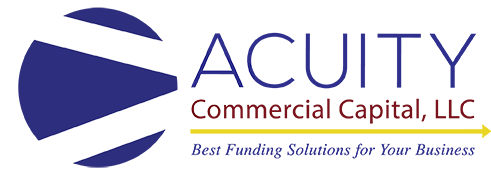The Difference Between Purchase Order Financing and Accounts Receivable Funding
No matter what industry you work in, there is a possibility that you will encounter cash flow problems. High business costs can prevent smaller businesses from achieving growth, and can occasionally cause bankruptcy and other financial problems. For some businesses, if they need help buying supplies, purchase order financing may be an option.
Defining Purchase Order Financing
This financing method is when a financing company pays a supplier for the goods necessary to fill a job for a customer. The advanced money is used to cover most, or sometimes all, of the materials used to finish a project. This way a company can offer services without any interruption and without having to turn down orders that are too large for them to fill using the supplies they have available.
Accounts receivable situations do not exist until goods or services are delivered to a customer. Once the customer’s order is complete it is possible to switch to accounts receivable factoring if liquidity is an ongoing problem.
Purchase Order Financing Limitations
There are some restrictions on the kinds of businesses that can be helped by this financing option. It can only be used in the production of a tangible product, so businesses that provide services are unlikely to qualify. The money obtained from the purchase orders can only be used for those projects, so this is also not a financing option for those looking to obtain cash for payroll or other daily expenses. Accounts receivable funding or factoring does not have similar limitations. If you are in need of financing for a project that is not related to your invoices, factoring may be a better option for you.
These services have financial limitations as well. Only businesses of a certain size with a large enough growth profit margin will qualify. And not all purchase orders can be financed. Only orders of a specific size or larger will qualify. Requirements can vary from company to company, so it is best to contact them directly for exact costs and limitations.
It is important to remember that purchase order financing and accounts receivable factoring are not loans. There is no debt accrued or necessary interest payments from obtaining either. Factoring can typically be done in smaller amounts than PO financing, making it a more viable option for smaller businesses. It is important to review the pros and cons of each kind of financing and consider the financial needs and capabilities of your business before choosing any financing options.
